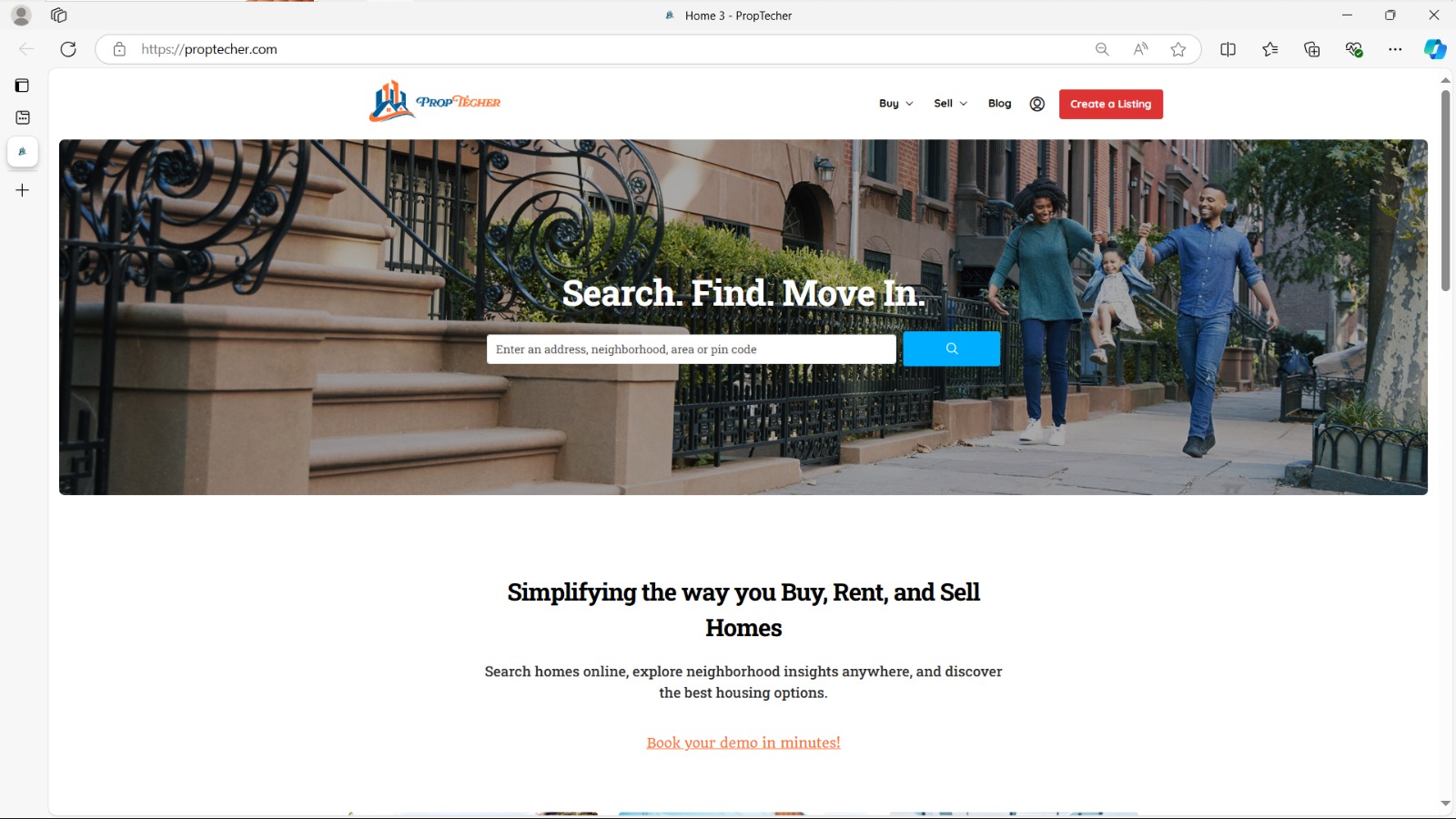Real Estate Disruption: Will You Thrive or Just Survive?
In an era defined by rapid technological advancements and shifting consumer preferences, the real estate industry stands on the brink of significant transformation. Real Estate Disruption is not just a buzzword; it’s an inevitability that demands the attention of real estate professionals. If you’re asking yourself whether your business is prepared to navigate this changing landscape, you’re not alone.
The Forces Shaping Real Estate Disruption
Disruption manifests in various forms, from automation and artificial intelligence (AI) to blockchain and virtual reality (VR). These technologies are not mere novelties; they are reshaping how we conduct business. For instance, a report from McKinsey & Company indicates that companies embracing new technologies can enhance operational efficiency by as much as 20%. In a competitive market, such improvements can significantly influence your bottom line and customer satisfaction.
Key Disruptive Forces
- Automation and AI: Imagine a world where routine tasks are handled by intelligent systems. Automation tools are already making this a reality by streamlining processes such as property management and transaction handling. AI-powered chatbots can engage clients around the clock, answering questions and scheduling viewings without any human intervention.
- Blockchain Technology: This innovative technology promises to bring transparency and security to real estate transactions. By leveraging blockchain, we can create smart contracts that automate and secure processes ranging from lease agreements to property transfers, reducing fraud and speeding up transactions.

- Digital Platforms: The emergence of online marketplaces has changed the way buyers and sellers interact. These platforms enable direct connections, diminishing the reliance on traditional agents. As a result, real estate professionals must rethink their business models to remain relevant in a digital-first environment.
- Virtual and Augmented Reality: Picture offering potential buyers immersive experiences through virtual tours and augmented reality tools. These technologies not only save time but also expand the market reach, allowing clients to explore properties without geographical constraints.
Are You Ready?
To gauge your business’s readiness for disruption, consider these essential steps:
- Evaluate Your Technology: Take a moment to review your current tech stack. Are your systems outdated? Ensuring that your technology integrates well with emerging innovations is crucial for remaining competitive.
- Understand Consumer Behavior: Today’s clients expect personalized, seamless experiences. Dive into data analytics to glean insights about consumer preferences and tailor your services accordingly.
- Invest in Team Development: Your team is your greatest asset. Equip them with the necessary skills to adapt to new technologies through regular training and development initiatives.
- Forge Strategic Partnerships: Collaborating with tech startups or established firms can open doors to innovative tools and insights, giving your business a competitive edge.
Conclusion
The real estate sector is ripe for disruption, driven by technological advancements and changing consumer expectations. By proactively assessing your business’s readiness, investing in the right tools, and adapting your model, you can position yourself for success in this evolving landscape.
As we embark on this journey, keep an eye on insights from industry leaders and reports that highlight key trends. The future of real estate is here—are you ready to embrace it?
Discover more from PropTecher
Subscribe to get the latest posts sent to your email.



